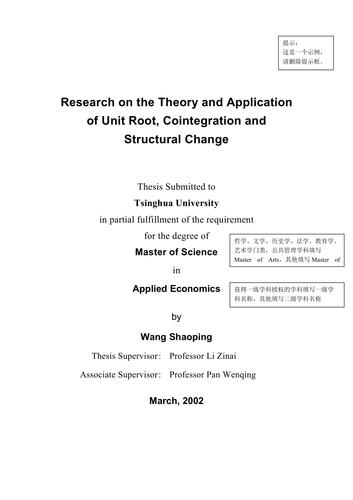学术研究英语
Navigating Academic Research for English Graduate Studies
In the realm of English graduate studies, delving into academic research is not just a requirement but also a fundamental aspect of scholarly growth and contribution. Whether you're preparing for a comprehensive exam, working on a thesis, or simply seeking to deepen your understanding of a particular area within English studies, navigating academic research effectively is essential. Here's a comprehensive guide to help you on your journey:
Understanding the Landscape:
1. Identify Your Area of Interest:
Determine which aspect of English studies captivates you the most, whether it's literature, linguistics, cultural studies, rhetoric, or any other subfield.
Consider your career aspirations and how your research interests align with them.
2. Explore Existing Literature:
Conduct a thorough review of existing literature in your chosen area to identify gaps, trends, and seminal works.
Familiarize yourself with key scholars, theories, methodologies, and debates shaping the field.
Research Strategies:
1. Formulate Research Questions:
Craft clear, focused research questions that drive your inquiry and contribute to existing knowledge.
Ensure your questions are feasible, relevant, and conducive to scholarly investigation.
2. Utilize Diverse Resources:
Explore academic databases, library catalogs, journals, books, conference proceedings, and online repositories to gather relevant sources.
Don't overlook interdisciplinary sources that offer fresh perspectives on your topic.
3. Employ Effective Search Techniques:
Use advanced search operators, keywords, Boolean operators, and filters to refine your searches and retrieve targeted results.
Stay updated with the latest research by setting up alerts and following relevant scholars and journals in your field.
Critical Analysis:
1. Evaluate Sources Critically:
Assess the credibility, relevance, currency, and authority of sources before incorporating them into your research.
Scrutinize methodologies, biases, limitations, and theoretical frameworks to gauge the rigor of scholarly work.
2. Synthesize Information:
Synthesize findings from diverse sources to identify patterns, contradictions, and areas for further exploration.
Develop a coherent narrative that integrates different perspectives and positions your research within the broader scholarly discourse.
Ethical Considerations:
1. Acknowledge Intellectual Property:
Adhere to ethical guidelines by properly citing and attributing sources to avoid plagiarism and uphold academic integrity.
Familiarize yourself with citation styles commonly used in English studies, such as MLA, APA, Chicago, or Harvard.
2. Respect Cultural Sensitivities:
Exercise cultural sensitivity when conducting research involving diverse communities, languages, or perspectives.
Obtain informed consent, respect privacy rights, and avoid perpetuating stereotypes or biases in your work.
Writing and Communication:
1. Organize Your Ideas:
Structure your writing logically, with a clear introduction, welldefined sections, and a cohesive conclusion that summarizes your findings.
Use headings, subheadings, and transitions to guide readers through your argument and enhance readability.

2. Cultivate Academic Voice:
Develop a scholarly voice that is authoritative, objective, and engaging while adhering to academic conventions.
Strike a balance between complexity and accessibility to ensure your writing resonates with both experts and nonspecialists.
3. Seek Feedback:
Solicit feedback from peers, mentors, and professors to refine your ideas, clarify arguments, and improve the overall quality of your research.
Embrace constructive criticism as an opportunity for growth and revision.
Conclusion:
Embarking on academic research for English graduate studies is a rewarding yet challenging endeavor. By understanding the landscape, employing effective research strategies, critically analyzing sources, adhering to ethical guidelines, and honing your writing and communication skills, you can navigate this journey with confidence and contribute meaningfully to the scholarly conversation in your field. Remember, research is not just about discovering new knowledge but also about fostering intellectual curiosity, critical thinking, and lifelong learning.












评论